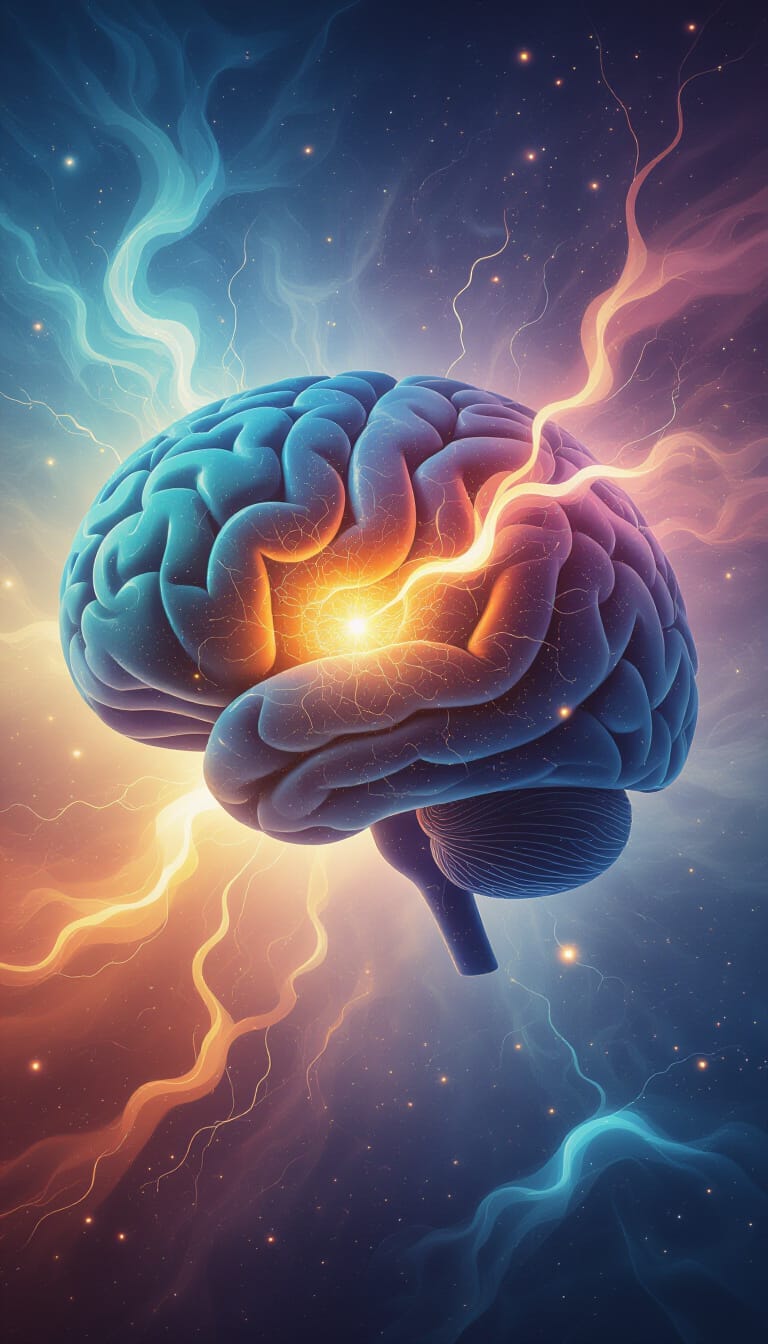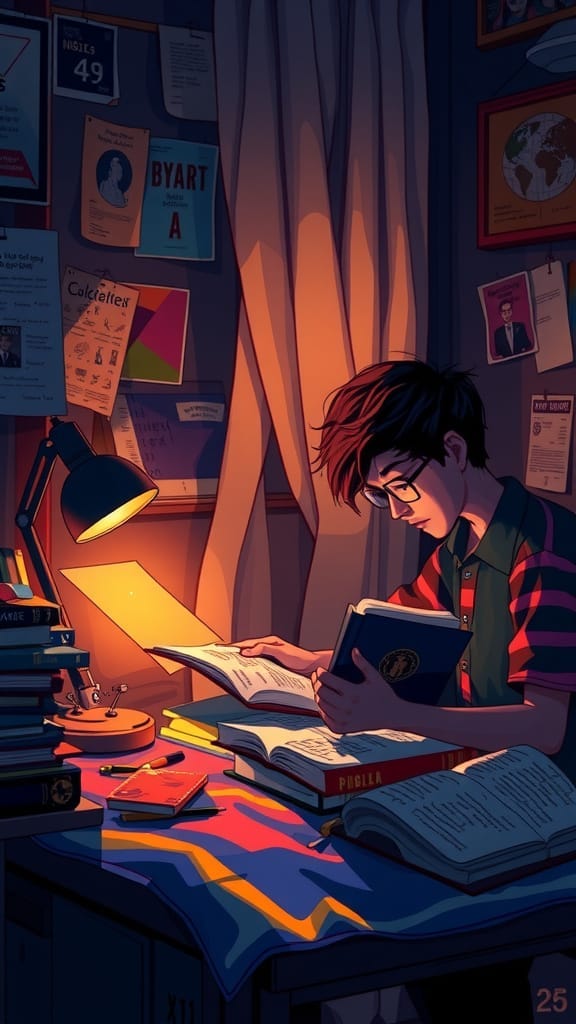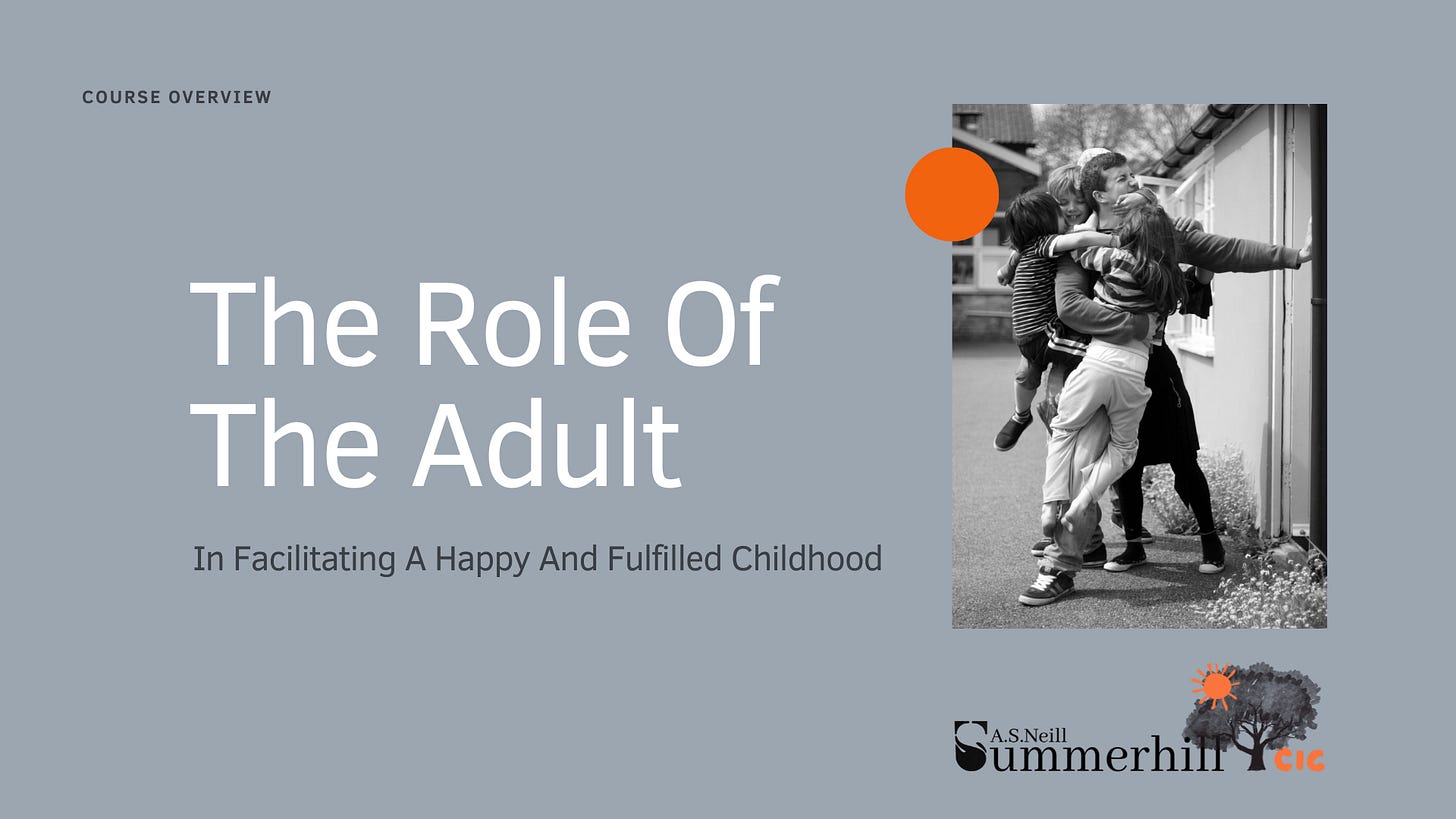😴 The Science of Dreams
Why your sleeping mind is more creative than your waking one.
Ever woken from a dream so vivid it clung to you like mist — that strange blend of meaning and nonsense you try to decode over morning coffee?
You know, the kind where your old maths teacher turns up riding a unicycle through your living room while announcing exam results?
Welcome to the mind’s nightly rehearsal space — where logic takes a nap, and creativity takes the wheel.
When you dream, your brain isn’t switching off — it’s rewiring.
During REM sleep, the logical prefrontal cortex powers down, while the emotional and visual networks flare to life. Your hippocampus (the memory librarian) starts re-shelving the day’s experiences, linking ideas that never meet when you’re awake.
That’s why dreams are chaotic — and sometimes brilliant.
Your mind is cross-referencing emotions with memories, logic with fantasy. It’s creative chaos with a purpose.
Einstein’s theory of relativity, Elias Howe’s sewing machine, McCartney’s Yesterday — all reportedly inspired by dreams. So yes, your subconscious might be a better inventor than you.
Next time a dream feels absurd, don’t dismiss it.
It might be your brain whispering something smart through the language of nonsense.
🧪 Exam Hack of the Week
Study before bed.
Your hippocampus does its best memory consolidation during REM sleep, turning short-term knowledge into long-term recall.
Even a quick review before lights-out can make your brain “revisit” that material while you sleep. (Essentially, your dreams become unpaid tutors.)
🔬 Weird But True Science
We spend around six years of our lives dreaming.
Most dreams happen in the final REM cycles, just before waking.
Your brain paralyses your muscles during REM so you don’t act out your dreams — a mercy for anyone who’s dreamt of sword fighting.
🧩 Mini Quiz
What stage of sleep do most dreams occur in?
Which part of the brain creates dream imagery?
Can blind people dream?
✅ Answers
REM sleep.
The occipital lobe.
Yes — using sounds, touch, taste, and emotion instead of sight.
💡 Science Guy Says
Dreams remind us that the mind never really sleeps.
It paints, edits, rehearses, and heals — all while we think we’re resting.
So tonight, when you close your eyes, remember: you’re not escaping reality.
You’re creating it, one strange story at a time.
Ready to transform your science education?
Click here to join The Science Guy's Science Hub and start your journey to excellence today!
Ready to make your next term easier and more successful? Discover the advantages of joining our online tutoring membership today and see how our community, hints, tips, and resources can make all the difference.
Just wanted to let you be the first to know about my brand new Science Guy Learning Hub Limited Time Offer:
🚀 GCSE Science Sorted — For Just £10/month!
Struggling with Science? Join The Science Guy Learning Hub and get:
✅ Weekly GCSE video lessons
✅ Downloadable worksheets
✅ Live sessions & 24/7 Discord support
✅ All for just £10/month (limited-time launch offer!)
🎓 Learn better. Stress less. Join the community today:
👉 https://page.fo/thescienceguy
Join my YouTube Community for more FREE Hacks n Tips:
Plus my FREE Facebook Group:
Drop by my Website:
My TikTok Channel:
All of My Links in one place:
Thanks for reading The Science Guy!
Recommended FREE Reads:














Love this perspective! It’s fascinating how the brain rewires; does that imply a literal neural pathway reorganization or more of a functional reprioritization of connections?